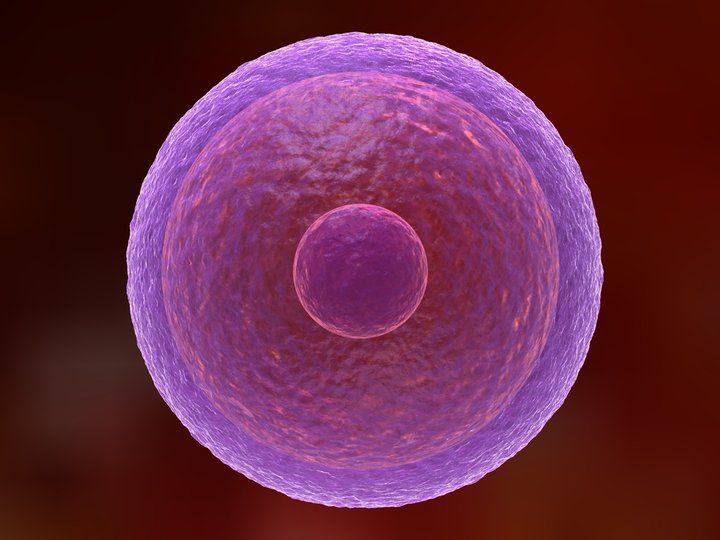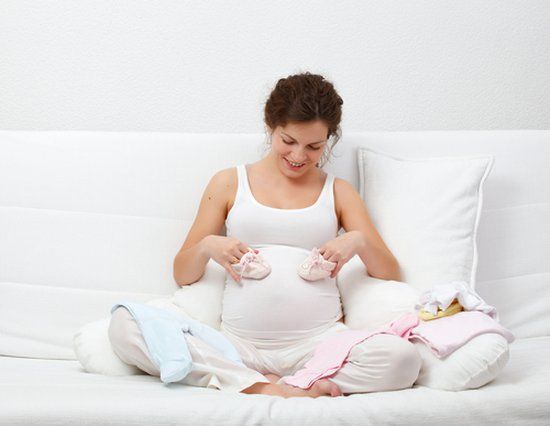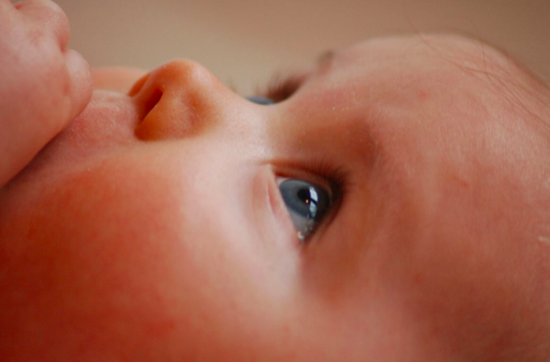
If you need IVF but don’t qualify for NHS treatment or can’t get it where you live because your local primary care trust has stopped offering it, you may already be wondering about joining our egg-sharing programme.
Egg-sharing gives you a way to get a subsidised cycle of IVF treatment with us for £870 inclusive of all drugs and necessary screening tests, in return for donating half of your eggs which we retrieve during your IVF cycle, which aren’t being used for your own treatment. These eggs are then donated to women whose only hope of pregnancy is to use a donor egg – women who have perhaps gone through early menopause or aren’t producing their own eggs.
Since we launched our egg-sharing programme, many women who meet the criteria needed to be an egg-sharer have chosen this option – but what are your chances of pregnancy if you become an egg-sharer? Or if you’ve received eggs that have been donated from women taking part in our egg-sharing programme and going through IVF themselves?
At Manchester Fertility we have strong success rates for both egg donors and egg recipients. Our latest results show that around 64 per cent of women who join our egg-sharing programme and donate some of their eggs become pregnant from their IVF cycle.
For women who then receive these donated eggs, almost 40 per cent achieve pregnancy.
These results are positive news if you need a donor egg yourself, or if you wish to be an egg-sharer. Using eggs donated from women who need IVF doesn’t mean your chances of pregnancy are lower, as these results prove. Likewise, if you donate your eggs it doesn’t affect whether you get pregnant through your IVF cycle, as you can see.
If you’re interested in becoming an egg-sharer, find out more hereabout what’s involved.
Last updated: 20th January 2020




